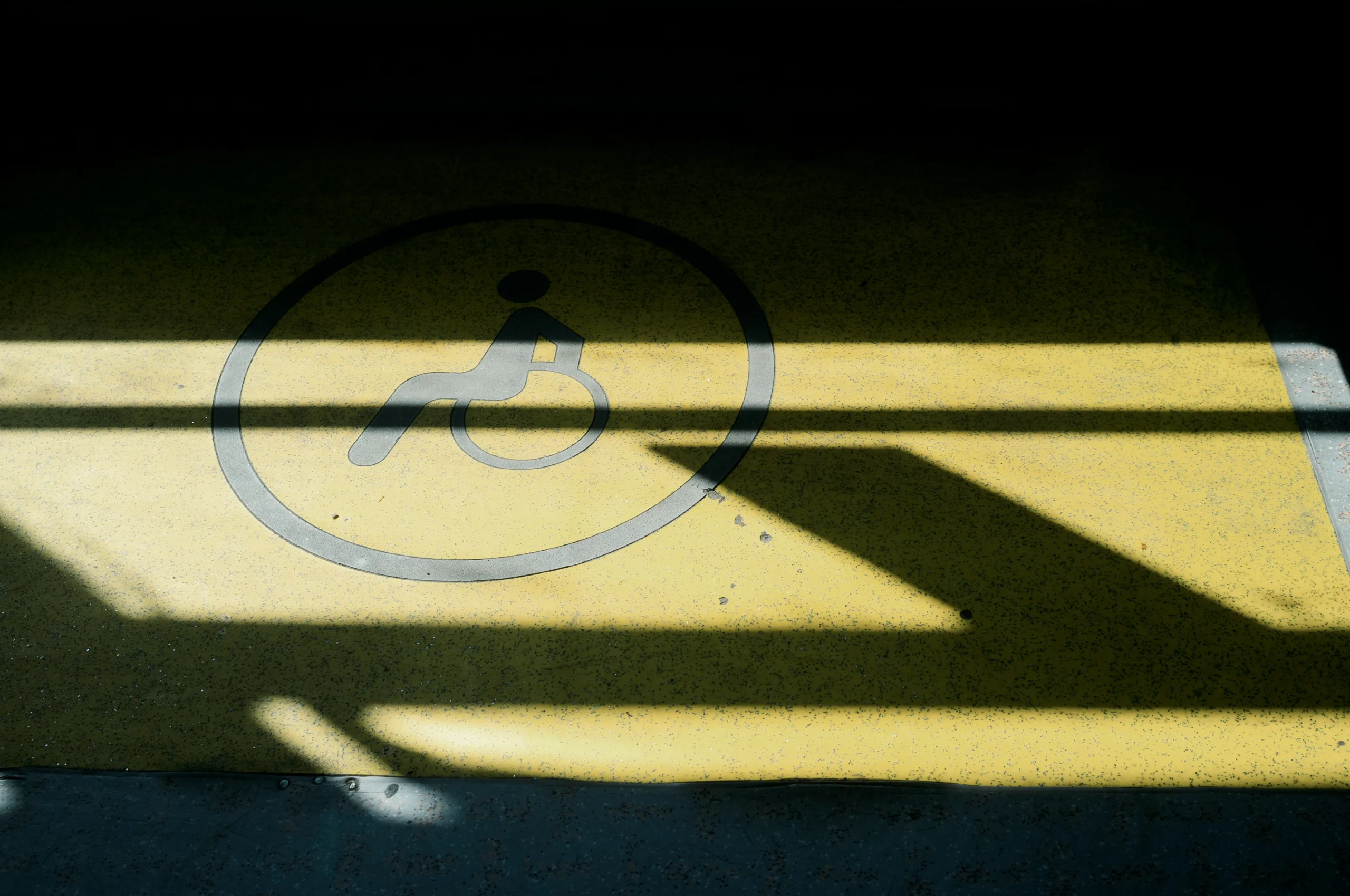Know Your Rights: What to Do if You Have a Disability and Are Questioned by Police
Understanding and asserting the rights of people with disabilities during police interrogations is paramount to ensuring their fair treatment and safeguarding their well-being.
07.31.23 By Meghan Nguyen
As we celebrate Disability Pride Month, we’re taking the time to recognize and honor the resilience, strength, and diverse experiences of the disabled community. As an organization that strives to create fair, compassionate, and equitable systems of justice for everyone, it’s important to us to ensure that the rights of individuals with disabilities are protected, particularly during encounters with law enforcement.
Navigating the complexities of police interrogations can be an especially daunting and potentially overwhelming experience for individuals with disabilities. Understanding and asserting their rights during these critical moments is paramount to ensuring fair treatment and safeguarding their well-being.
By delving into the legal framework that safeguards their rights, we hope to foster a deeper understanding of the challenges faced by the disabled community during police interactions, and, ultimately, contribute to a more just and inclusive society that respects and celebrates the diversity of all its members.
People with disabilities have rights during a police interrogation to ensure that the process is fair and accessible. These rights are designed to accommodate individuals with disabilities and allow for them to effectively participate in the legal process. Some of the key rights include:
1. Right to an interpreter
If you are deaf or hearing-impaired, you have the right to a sign language interpreter during police interrogations to facilitate effective communication. An interpreter helps ensure that you can understand the questions being asked and provide accurate responses.
2. Right to accessible documents
If you are visually impaired or blind, you are entitled to receive documents, such as written statements or legal documents, in accessible formats like Braille or large print, to review and understand the information provided.
3. Right to communication aids
Both hearing and vision-impaired individuals have the right to use communication aids or assistive technologies during interrogations. This may include communication boards, speech-to-text devices, or other tools that assist with effective communication.
4. Right to reasonable accommodations
The Americans with Disabilities Act (ADA) and similar laws in other countries require law enforcement agencies to provide reasonable accommodations to individuals with disabilities. This ensures that you have equal access to the legal process and can fully participate in interviews and interrogations.
5. Right to remain silent
Just like any other individual, you have the right to remain silent and not answer questions that may incriminate you, regardless of your disability. This right is protected by the Fifth Amendment of the United States Constitution and similar provisions in other legal systems. If you want to remain silent, it’s important that you communicate this clearly to police (directly or through an interpreter), because federal law (and many state laws) require that you invoke this right “unambiguously” in order for it to trigger your legal protections. You can say, for example, “I am going to exercise my right to remain silent” or “I’m going to remain silent.”
6. Right to legal representation
You have the right to legal representation during police interrogations. Having an attorney present is the best way to help protect your rights and ensure that the interrogation is conducted properly. Police are not legally permitted to interrogate you without a lawyer present if you clearly invoke your right to an attorney. However, like your right to remain silent, federal and many state laws require that your request for a lawyer be clear and unambiguous. Saying something like: “I want to speak to a lawyer” or “I am not going to answer any questions without a lawyer here” should stop the interrogation.
Officers may or may not advise you of your right to silence and to an attorney (known as your “Miranda” rights) and may ask you to sign a form waiving these rights. Whether or not you have already agreed to waive these rights, you can always invoke your right to silence and right to an attorney at any time.
Leave a Reply
Thank you for visiting us. You can learn more about how we consider cases here. Please avoid sharing any personal information in the comments below and join us in making this a hate-speech free and safe space for everyone.
April 11, 2024 at 8:59 am

Can police ask you what your disability is? I was parked in a handicap space, with my placard visible. Another party blocked me in. Once the police arrived the verified my placard then asked me what my disability was.